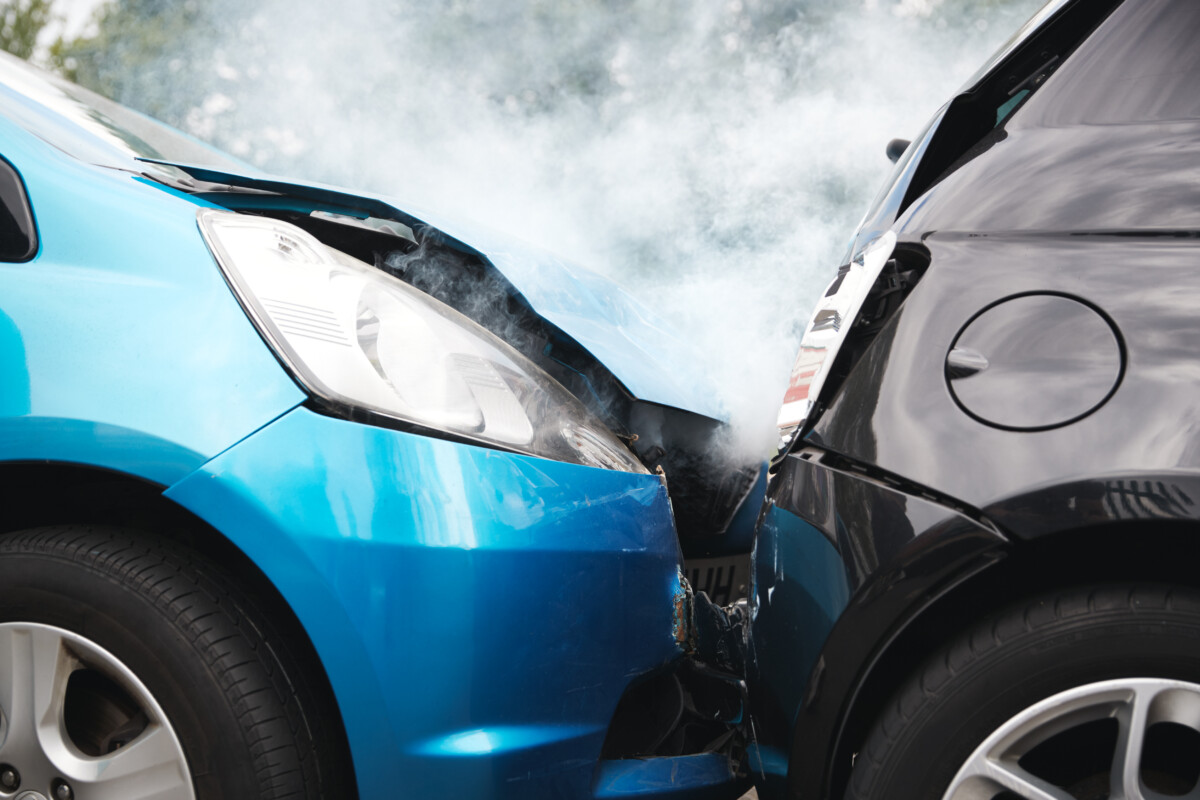Is Dumpster Diving Illegal in California Understanding the Legality in 2025
Overview of Dumpster Diving Laws in California
Dumpster diving in California remains a legally grey area in 2025. The act itself isn’t explicitly outlawed by state law, but its legality can shift depending on circumstances. Diving into dumpsters located on public property is generally permitted—provided local ordinances don’t prohibit it and the items are clearly discarded. However, retrieving items from dumpsters on private property without permission may lead to trespassing or theft charges.
Legal outcomes often hinge on how and where the act takes place. Damaging property or ignoring signage while diving can result in civil or criminal penalties. Meanwhile, ethical concerns also surround dumpster diving. Proponents praise its sustainability benefits, while critics argue it can become a public nuisance. As social and environmental movements gain traction, California’s stance on this issue is expected to evolve further.
Is Dumpster Diving Illegal in California?
Dumpster diving is not automatically illegal in California, but several legal nuances must be considered. Local governments can enforce ordinances that ban or restrict the activity. In general:
- Public Property: If items are left in open dumpsters, they may be considered abandoned and legally retrievable.
- Private Property: Diving without consent can be seen as trespassing or theft, depending on ownership status and signage.
The legal boundary often depends on whether the owner has relinquished rights to the discarded property. While diving may be allowed in some areas, the consequences of violating local laws or property rights can be serious. Always check municipal codes before engaging in dumpster diving.
Legal Risks and Municipal Regulations
California state law does not directly prohibit dumpster diving, but local jurisdictions may enforce specific rules. Cities and counties can classify it as:
- Theft: If the discarded items are not legally deemed abandoned.
- Trespassing: If divers enter private land or restricted zones.
In addition, actions like damaging locks or creating messes can escalate legal consequences. Cities like San Diego or Los Angeles may have more stringent regulations compared to rural areas. It’s advisable to review city-specific codes or consult a legal expert to stay compliant.
For general legal guidance, you can visit USA.gov’s Legal Help page for official resources.
Public vs. Private Property: Key Differences
The legality of dumpster diving often depends on the type of property:
- Public Property: Dumpster diving is generally permitted unless otherwise restricted. However, pay attention to signs or municipal bans.
- Private Property: Accessing dumpsters behind businesses, apartment complexes, or fenced-in areas without permission is considered trespassing and can lead to citations or arrests.
If in doubt, it’s best to seek permission from property owners before diving. Respecting property boundaries helps avoid legal complications and builds community goodwill.
Recent Legal Cases in California
Legal precedents continue to shape dumpster diving in California. A notable 2023 case involved individuals cited for retrieving items behind a grocery store. The court ruled in their favor, stating that the items were abandoned. However, they were warned about trespassing violations.
In another case, a nonprofit collecting discarded food for the homeless faced legal pushback. The court ultimately supported the organization’s actions, emphasizing public benefit and sustainability. These rulings highlight the legal flexibility around dumpster diving and underscore the importance of intent and location.
Local Ordinances to Know in 2025
Several California cities have specific rules regarding dumpster diving:
- San Francisco generally allows retrieving items from public dumpsters.
- Los Angeles may impose penalties for scavenging in certain business zones.
- San Diego often restricts access to commercial dumpsters without permission.
Researching your local laws is essential before engaging in dumpster diving. Some cities offer guidelines online or through public records. Staying informed helps prevent accidental violations.
Safety and Ethics for Dumpster Divers
Dumpster diving carries physical and ethical risks. Sharp objects, spoiled food, and hazardous materials can pose serious threats. Always wear gloves, closed-toe shoes, and consider bringing tools to safely sift through waste.
From an ethical standpoint, it’s important to respect:
- Property rights
- Community standards
- Cleanliness and sanitation
Avoid scattering trash or creating hazards. Positive community perception is crucial for maintaining the freedom to dumpster dive where it’s legally allowed.
Legislative Trends Moving into the Future
As sustainability and food security continue to dominate public discourse, California lawmakers may adopt more unified or lenient policies around dumpster diving. Environmental advocates argue that it:
- Reduces landfill waste
- Alleviates food insecurity
- Encourages recycling culture
With increased public interest, we may see clearer statewide legislation and potentially more protections for ethical divers. Community-led initiatives and legal education efforts could also influence future reforms.
Frequently Asked Questions (FAQ)
Is dumpster diving legal in all of California?
No. While state law doesn’t ban it, each city or county may have its own restrictions. Always check local ordinances.
Can I dumpster dive behind a grocery store?
Not without permission. If the store is on private property, you may be trespassing even if the items seem abandoned.
Is it theft to take something from a dumpster?
It depends. If the property is truly abandoned on public land, it may be legal. But if there’s still ownership or restricted access, it could be considered theft.
How can I check if my city allows dumpster diving?
Visit your city’s website or call your local code enforcement office. They can clarify current ordinances.
What should I do to stay safe while dumpster diving?
Wear gloves, closed-toe shoes, and avoid sharp or contaminated objects. Never enter locked or fenced areas without permission.


